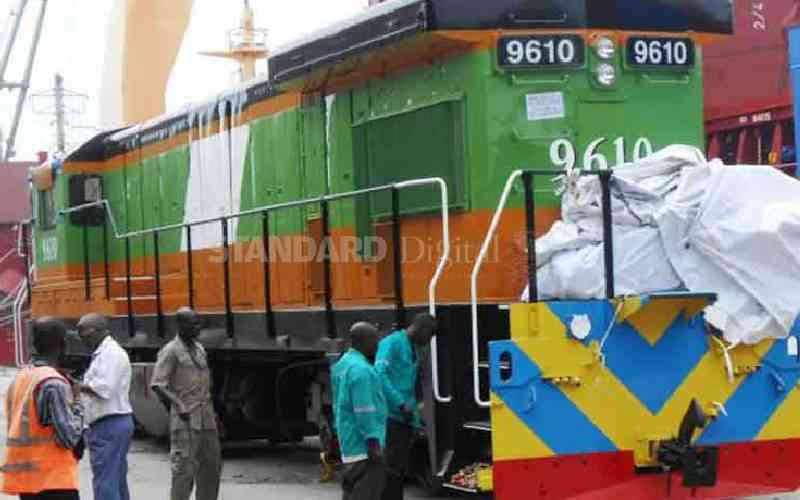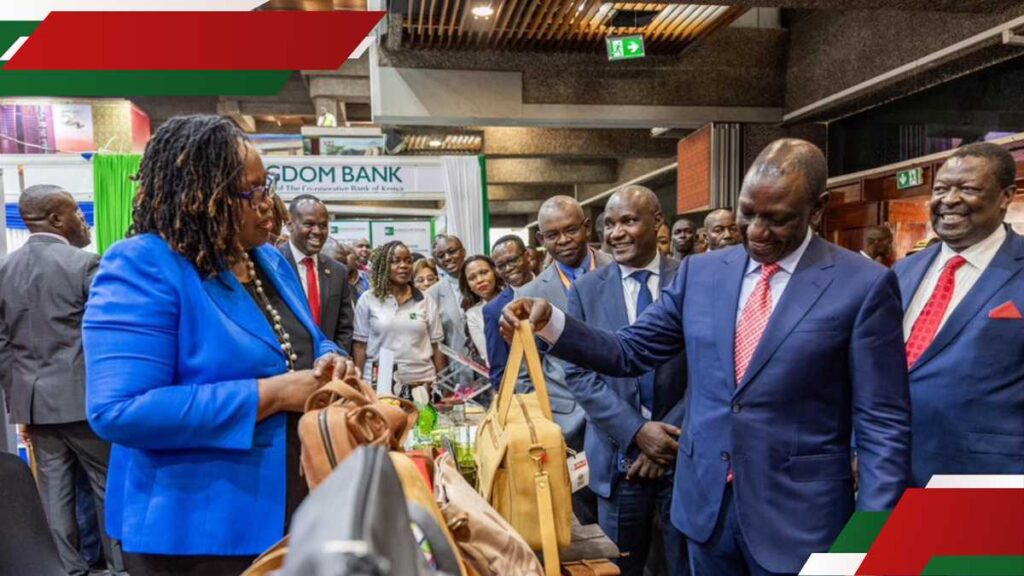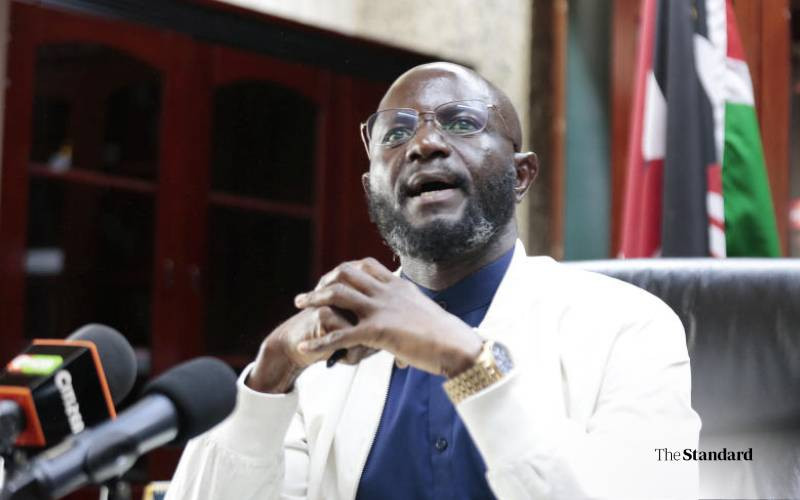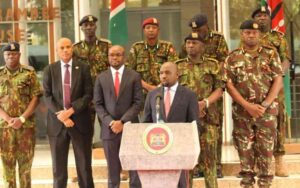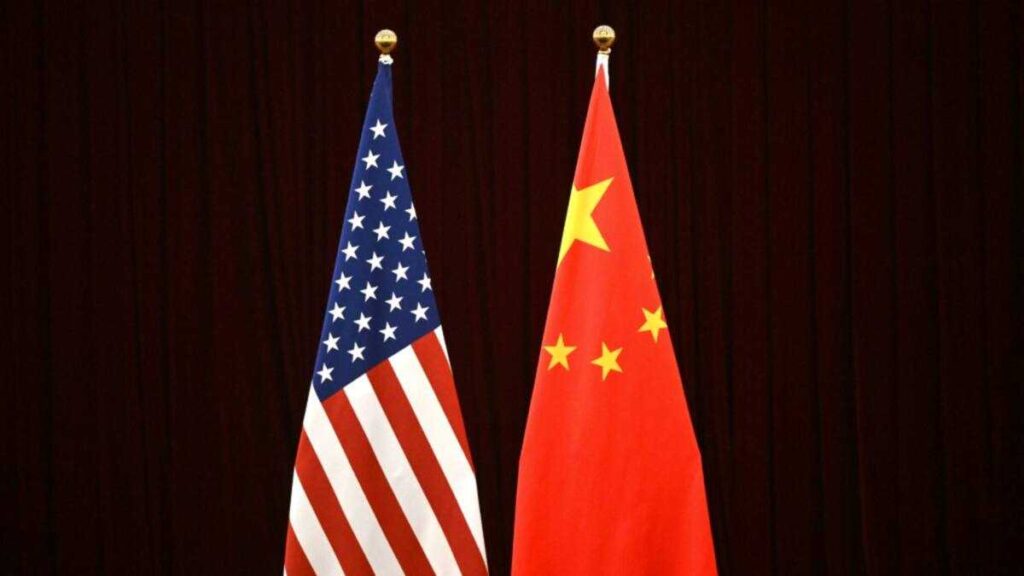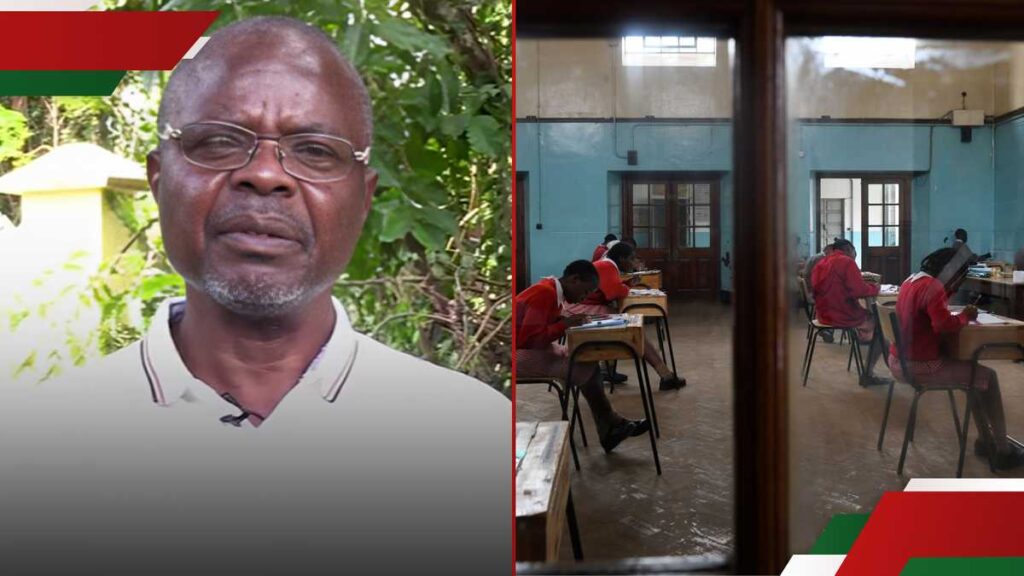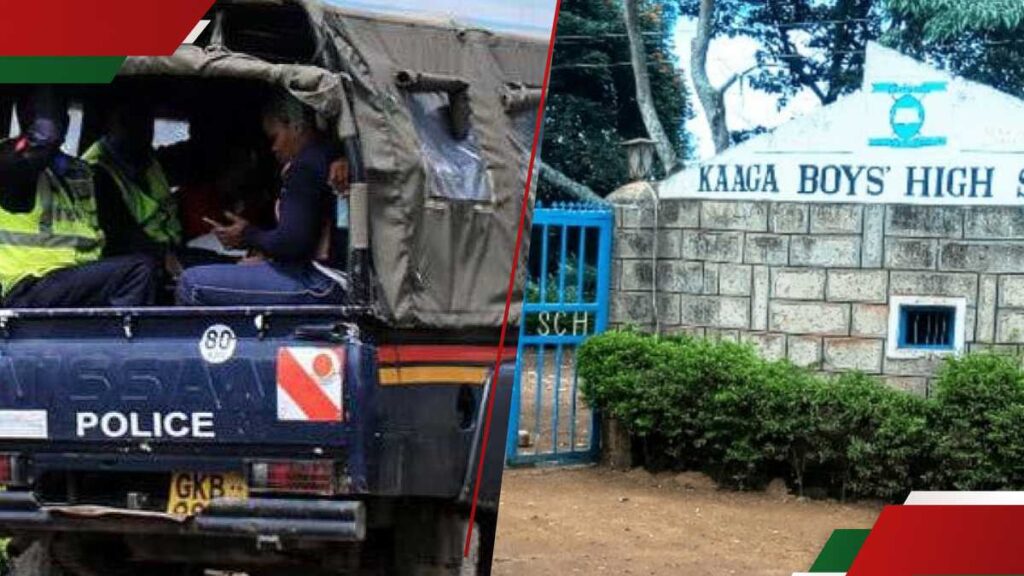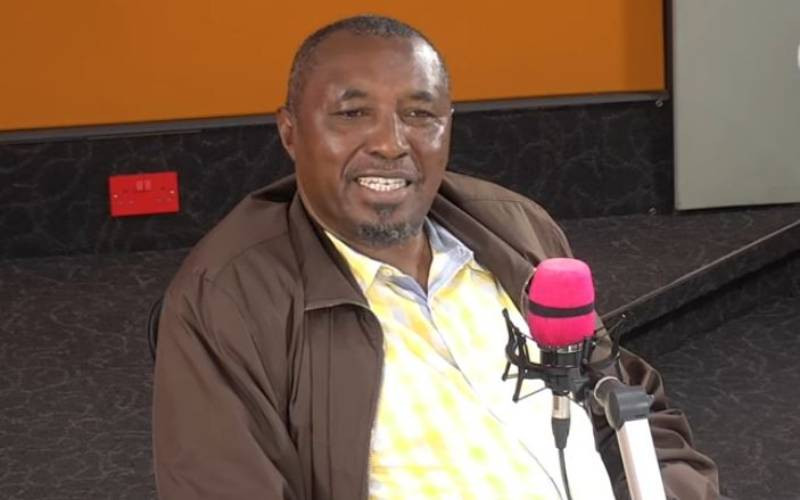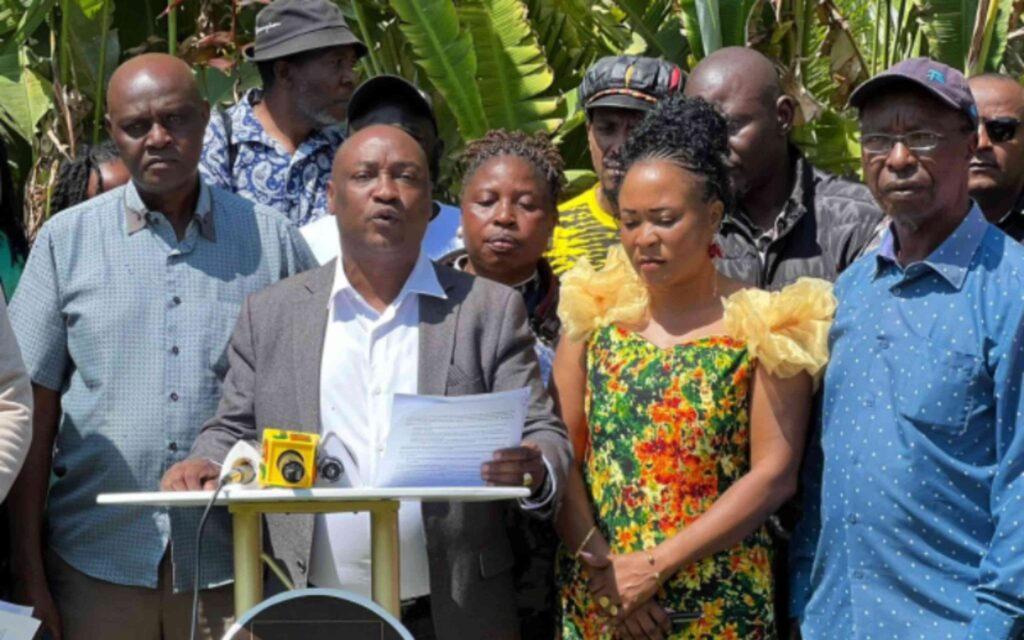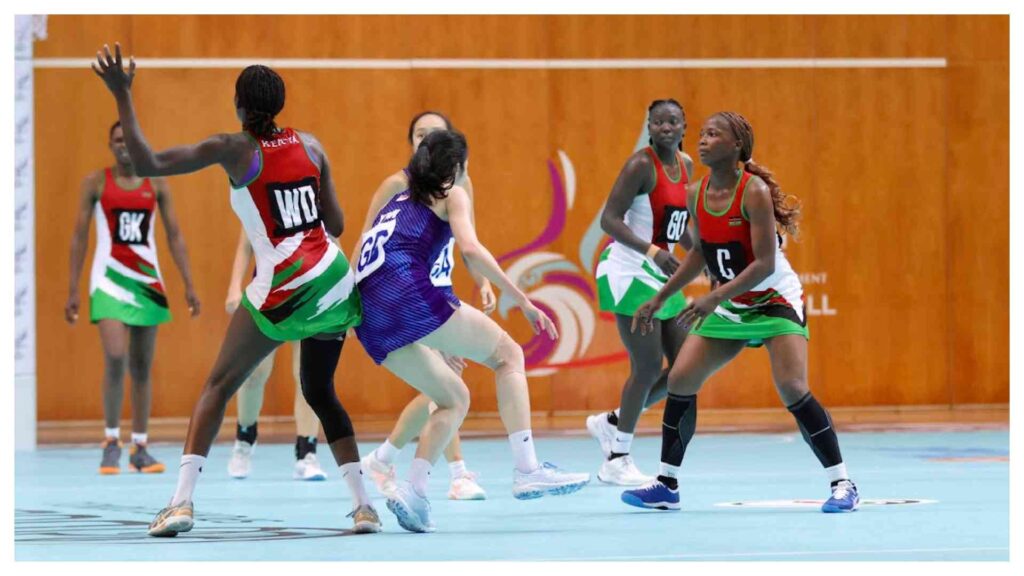Rift Valley Railways (RVR) has suffered a major legal blow after the London Court of International Arbitration dismissed its Sh300 billion claim against the Kenyan government over a terminated railway concession.
Instead, the court ordered RVR to pay Kenya approximately Sh950 million, alongside GBP 1,349,906.58 and USD 610,737.40 in costs and damages.
The tribunal found that Kenya had honored its obligations under the concession agreement, siding with a legal team led by former Attorney General Prof Githu Muigai and King’s Counsel Michael Sullivan.
In court, Prof Muigai argued that the RVR case exemplified how some international investors abuse arbitration mechanisms to extract massive payouts from African states without fulfilling contractual obligations.
“To the great disappointment of the Republic of Kenya, the Claimants elected to make the Republic of Kenya a growing statistic in the abuse of international arbitration fora—suing an African nation for billions of dollars for contractual obligations that were never performed by the foreign investor,” Githu submitted.
The dispute stemmed from a 25-year concession granted to RVR in 2005 to operate the 2,350-kilometre Meter Gauge Railway (MGR) system in Kenya and Uganda, following a World Bank recommendation in 1998.
However, in July 2017, Kenya Railways Corporation (KRC) terminated the deal, citing RVR’s failure to meet performance standards and maintenance obligations.
Githu defended the termination as lawful and necessary:
“Despite the lawful termination of the Kenyan Concession Agreement in 2017, the Republic of Kenya remains dutiful to its obligations under the 1985 Northern Corridor Treaty—and, more importantly, to its obligations to the People of Kenya who are the ultimate beneficiaries of any such agreement.”
He disclosed that there were three cases in Kenya involving the contract. The cases included Civil Suit No 136 of 2017, Petition No 56 of 2015 and Appeal No. 11 of 2018 before the Tax Appeals Tribunal.
In the first case, RVR sued Kenya Revenue Authority over a Sh1.6 billion tax dispute stemming from a dispute over whether the firm was exempted from taxes while running Kenya’s old railway between 2013 and 2014.
After KR terminated RVR’s contract to run the old railway system, the latter sued the former demanding a refund of Sh1.6 billion which RVR allegedly paid as road maintenance levy.
However, KRA issued a demand letter dated April 24, 2017, insisting RVR owed Sh1.63 billion in unpaid taxes.
The taxman accused RVR of clearing consignments without import declaration fees, and flagged 20 locomotives for which it claimed Sh660 million in unpaid duties.
Stay informed. Subscribe to our newsletter
RVR, in turn, argued that the Treasury’s exemption should be honored and blamed KRA for interpreting the law unfairly. Their lawyer Phillip Nyachoti said the tribunal relied on “extraneous factors” such as audit reports, internal communications, and consultant advice, rather than the law.
“The tribunal erred in law and based its decision on extraneous evidence,” said Nyachoti. “Some of the services rendered were in Uganda, and the goods never technically entered Kenya.”
RVR argued that KRA’s decision to ask for a colossal amount of money was unfair and illegal, and asked the court to compel the taxman to take Sh56 million as withholding tax.








